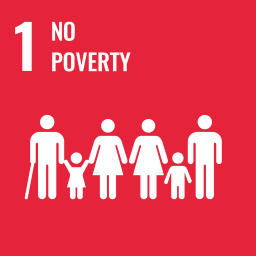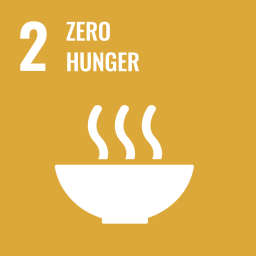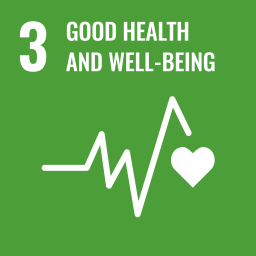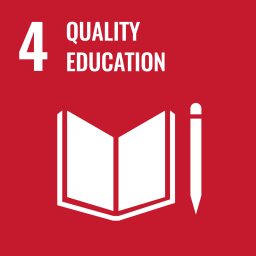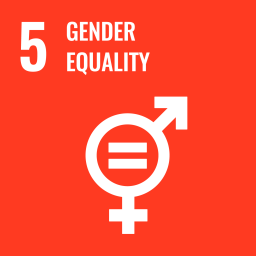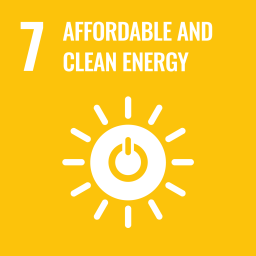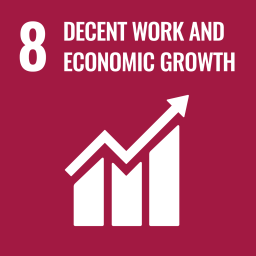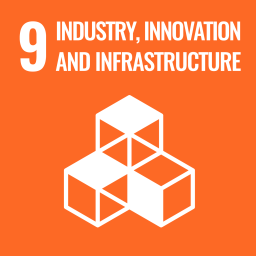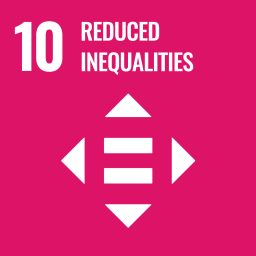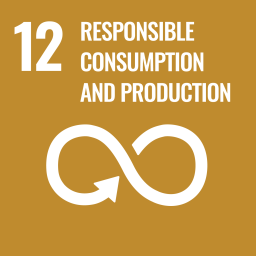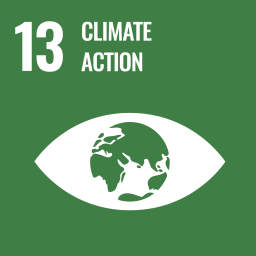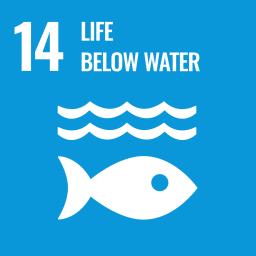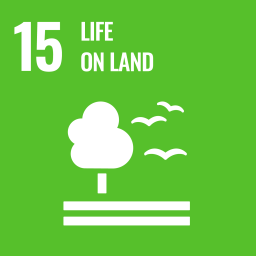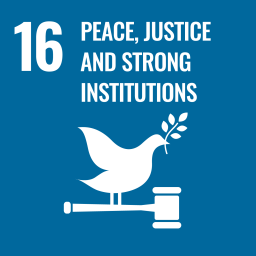Water and Sanitation Utilities: Key Players in Achieving the SDGs
Water and sanitation utilities are crucial to achieving the Sustainable Development Goals (SDGs), particularly SDG 6, which aims to ensure availability and sustainable management of water and sanitation for all. These utilities are responsible for delivering safe, reliable and accessible water and sanitation services, which are fundamental to public health, environmental sustainability and socio-economic development.
At GWOPA, we recognize the vital role that water and sanitation utilities play in fostering resilient communities and protecting the planet. Through our work, we promote and implement water operators' partnerships (WOPs) that empower utilities to share knowledge, innovate solutions and enhance their operational capacity. By facilitating collaboration among utilities worldwide, GWOPA helps strengthen service delivery, ensuring that every person has access to safe water and sanitation.
Together, we can bridge the gaps in water and sanitation services, drive progress toward the SDGs and create a future where the universal rights to clean water and sanitation are fulfilled.
Core SDGs supported by GWOPA
All SDGs
- Establish a pro-poor water and sanitation strategy
- Establish a social water connections programme
- Implement subsidized tariffs for low-income customers
- Avoid customer bill fluctuations above inflation
- Run or support educational programmes on the linkage between safe drinking water and malnutrition/WASH and nutrition
- Contribute to increased agricultural productivity by reducing the water price and recycling wastewater
- Promote reuse of treated faecal sludge as fuel briquettes and as fertilisers for non-edible crops in agriculture
- Establish employee training and development programmes
- Minimize the magnitude and frequency of unplanned water or sewerage interruptions
- Reduce the burden of disease by supplying safe drinking water to all users (e.g., households, hospitals and institutions)
- Reduce the burden of disease by ensuring that faecal sludge from latrines and septic tanks and wastewater (including from hospitals) is safely treated reused or disposed into the environment
- Promote safe WASH practices at household level
- Run or support community outreach programmes to promote the value of clean, safe and affordable WASH services
- Ensure safe WASH services in schools
- Ensure that community programmes and community-based sanitation include women and vulnerable communities in planning
- Promote and support hygiene practices for women and girls (e.g. school-led total sanitation)
- Adopt gender sensitive approaches, including policies for women in management, within the utility to foster gender-diverse workforces
- Promote women’s empowerment in utilities and the water sector through gender mainstreaming of the communication plan (e.g., avoid using gender stereotype pictures and words in the communication printing products)
- Strive for gender balance in all events organized by the utility
- Promote women in managerial positions
- Implement targeted community engagement in customers outreach programmes
- Ensure that women are included in the city-wide sanitation planning
- Promote and support hygiene practices for women and girls (e.g. school-led total sanitation)
- Reduce carbon emissions from safe drinking water and sanitation operations, wastewater collection and treatment
- Implement resource recovery from wastewater
- Generate energy from wastewater and faecal sludge via anaerobic digestion
- Adopt reusable energy sources
- Adopt energy efficient solutions
- Generate energy from fuel briquettes made of dried and treated faecal sludge
- Cooperate internationally to develop new and innovative solutions
- Reduce occupational injuries in water supply, wastewater and faecal sludge treatment utilities
- Establish employment policies that promote equal pay and diversity in the workforce composition
- Respect labour rights of workers
- Promote use of protective equipment and lobby for safety, health and dignity of sanitation workers
- Focus on physical and psychological working environment and safety at work
- Participate in aid for trade programmes
- Particiapte in collaborative research and development projects
- Establish water and sanitation infrastructure that is resilient and sustainable
- Ensure industries treat wastewater and discharge effluents in a safe way
- Incorporate new technologies (smart metering, SCADA, IoT) to increase the efficiency of infrastructure management
- Enhanced the digital capacities and skills for staff
- Ensure access to water and sanitation services for low-income population and communities
- Advocate for policies that implement water and sanitation services as a human right
- Advocate for policies to include sanitation services as a mandate and for utilities to move from sewerage only to sanitation
- Get clarifications from international standards organizations
- Implement a sustainable procurement policy
- Implement climate change adaptation strategies
- Implement climate-resilient water safety plans
- Implement climate-resilient asset management
- Implement climate-resilient sanitation infrastructure
- Reduce carbon emissions
- Mimize energy consumption
- Resuse treated effluents
- Apply life cycle assessment or other approaches to quantify greenhouse gas emissions
- Reduce greenhouse gas emissions
- Generate energy from wastewater and faecal sludge via anaerobic digestion
- Cooperate on initiatives related to water, sanitation, climate adaption and disaster risk prevention in cities
- Adopt energy-efficient solutions
- Protect waterways from impact of wastewater spills, discharges or poor performing containment systems
- Ensure that untreated faecal sludge is not dumped in barren lands and oceans
- Comply with requirements of corporate licenses issued by national or local environment protection authorities
- Remove nutrients and micro-contaminants, including microplastics, at wastewater treatment facilities
- Comply with requirements of corporate licenses issued by national or local environment protection authorities
- Remove nutrients and micro-contaminants, including microplastics, at wastewater treatment facilities
- Choose nature-based solutions, where suitable
- Adopt a robust Corporate Governance Framework and align with best practices

